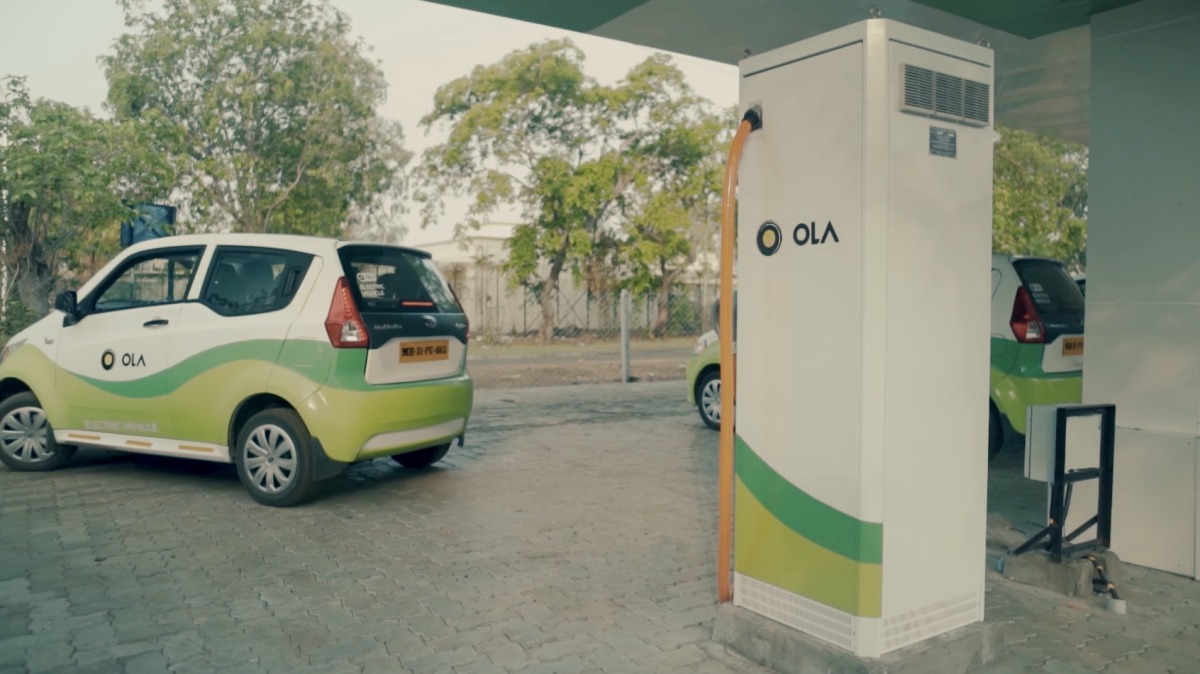FAME which stands for Faster Adoption and Manufacturing of (Hybrid &) Electric Vehicles in India, started back in 2015. In 2019, the FAME II scheme was approved for three years with an outlay of INR 10,000 Crore. The project aims to develop 7000 e-Buses, 5 lakh e-3 Wheelers, 55000 e-4 Wheeler Passenger Cars, as well as 10 lakh e-2 Wheelers. However, the total number of vehicles sold under the scheme is just about 76,294.
FAME II Benefits
To benefit from the scheme, manufacturers need to localise electric vehicles highly. But upon achieving this high localisation, they received INR 10,000 per kWh of incentives from the government. Now, the government has increased this incentive by 50% and offers INR 15,000 per kWh. The government has also proposed making the registration charges zero and is already charging 5% GST (Goods & Service Tax) compared to 28% on internal combustion engine (ICE) vehicles.
Decrease in Price Gap
These incentives to the manufacturer and the direct and indirect incentives to the customer will help increase the sales of electric vehicles in India. India is still emerging to become an EV-friendly country. Various manufacturers are developing a charging ecosystem in the country as well. But, the price gap between an electric vehicle and its equivalent ICE counterpart is still too high. With more subsidies, this price gap will decrease, justifying the cost of the electric vehicle.
For example, the Ather Electric scooter costs about INR 1.70 lakh on-road in Mumbai. At the same time, the TVS NTorq petrol-scooter costs about INR 91,000 on-road, Mumbai. But the skyrocketing fuel cost, which has breached the INR 100 mark, is also why customers would want to prefer electric scooters or cars.
More Electric Vehicles Larger the Charging Infrastructure
The stimulus from the government will also help increase the adoption and encourage R&D as well as innovation in the field. As electric vehicle grows in the market, so will the electric charging infrastructure as both go hand in hand.
Also Read: Electric WagonR by Toyota could be named Hyryder, looks production ready



